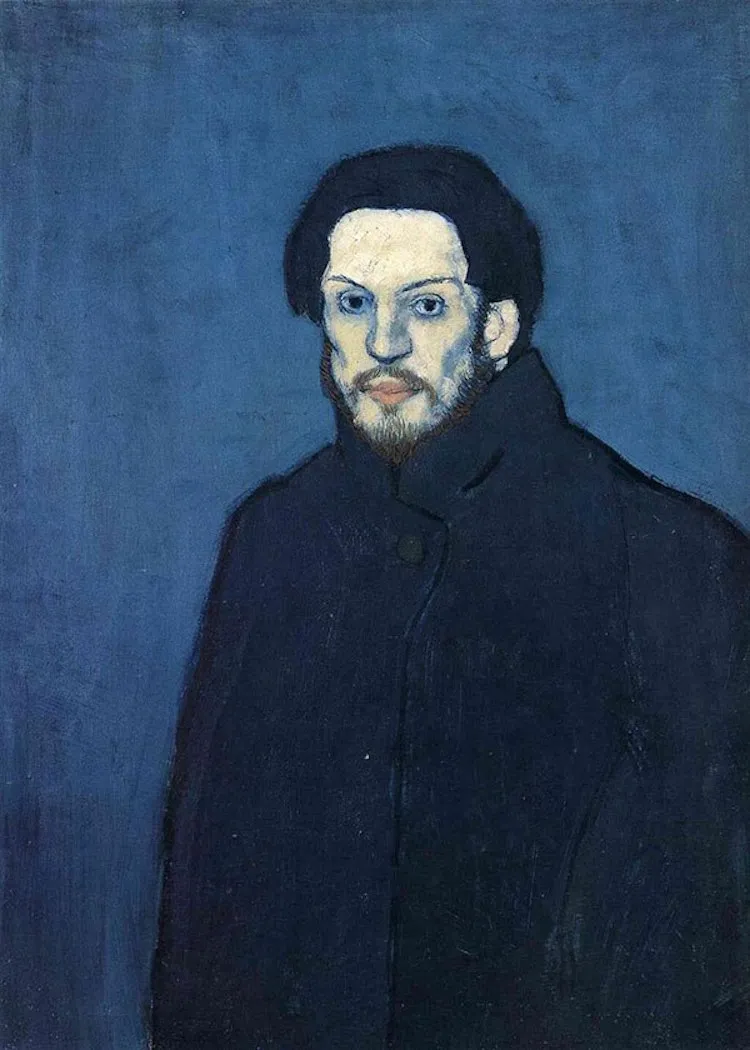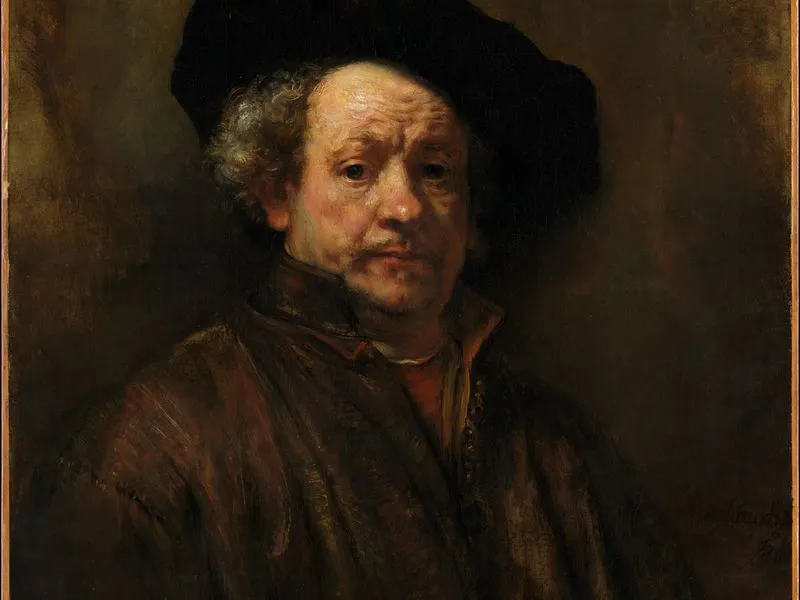Introduction
Happiness is a strange concept. It seems to be a fleeting moment, one that once you grab it, it transforms into something else. Like a shadow on Plato’s cave wall, grasping at this illusive concept we are left nowhere near anything tangible. In a previous post I claimed that in the assent to happiness we might find happiness as traces interlaced in the journey; bread crumbs or speckles of dust littered on the ground tempting us in certain directions of what happiness might be. But can we find happiness by leaving Plato’s cave? Is there something out there in the world that might bring us happiness which cannot be shadowed onto the cave wall? In this short article, I briefly explain how we can escape Plato’s cave by using philosophy. I then briefly introduce philosophical counselling and mental health. Concluding, I create the image of the philosopher as being a philosophical counsellor not as someone who brings happiness to others, but rather who awakens the need to search for happiness in others. However, this should not be confused with Socrates being the midwife to ideas, rather, I introduce the image of a dialectic awakening. Only in the presence of two philosopher philosophizing can there be the awakening of ideas.
Escaping Plato’s Cave with Philosophy


The prisoners in Plato’s cave are those who have not undergone philosophical self-transformation. The good life, eudaimonia, ataraxia, apatheia are states reserved for those who undergo rigorous self-examination and those who educate themselves. They are not led astray by the shadows or by those who claim to think for others. Philosophy as the love of wisdom is an educational process. Philosophy as educational mission helps the philosopher guide through the myriad of things that wants to mislead him or her. We can thus reconceptualise Plato’s cave. The shadows on the wall are images of those who wants to mislead us, and tempt us away from finding our own happiness. This takes the form of empty promises and those who have found their own happiness and wants to sell it to others as a commodity. (Have we not commodified happiness in being materialistic possessions?) The liberated prisoner stands up and shouts “Enough of this!” Liberation is not easy, but philosophy as an educational mission is enough. Enter: the philosophical counsellor.
Philosophical Counselling and Mental health
Let us describe the philosophical counsellor. A philosopher, liberated from Plato’s cave with the help of philosophy, he or she goes about life in a philosophical manner. The philosopher being a philosophical counsellor is his or her philosophical practice. In this sense, the philosophical counsellor cannot not live philosophically. The philosophical counsellor is defined by a philosophical disposition.

However, can philosophical counselling ensure psychological and mental health? Can philosophy even produce psychological and mental health? Think of various philosophers who are troubled by their own philosophy; Pyrrho, Sextus Empiricus and David Hume, three philosophers troubled by philosophy itself. Psychological and mental health is produced by placing philosophy either in the cabinet or destroying philosophy with itself. The philosopher is consequently also plagued by the dogmatic way others live their lives. Going back to the cave, the prisoner wants to help the other prisoners to escape. However, the other prisoners kill the liberated prisoner. There is a burden the philosopher carries with him or her: they have access to the good life but no way in which to share the liberation. The philosopher as being a Socratic midwife to ideas carries this burden: how can he or she help the unexamined dogmatists liberate themselves by giving birth to their ideas without being killed in the process? Enter: the joint dialectical awakening.
The Joint Dialectical Awakening from Philosophizing
Philosophical counselling, which might ensure psychological and mental health, can be envisioned as a joint dialectical awakening. Imagine the cave situation in this way. The liberated prisoner does not enter the cave with the idea of liberating the others. This will place an enormous psychological burden on the philosopher. Instead, the philosopher as being the liberated prisoner and as being a philosophical counsellor descends back into the cave with no preconceived notion besides that of dialectical awakening. Let me explain. The image of the Socratic midwife presupposes that there everyone has innate ideas which they need help with giving birth to. In other words, the bound-up prisoners need help with their liberation only through the liberated prisoner. As stated, this is not conducive to psychological and mental health.

The dialectical awakening does not presuppose these innate ideas which needs birth. Instead, the act of philosophizing produces this birth. In other words, there are no innate ideas which can only be birthed with the help of a Socratic midwife, rather it is when two philosophers engage in a dialogue that the ideas are born. Reconsider the Platonic Cave situation: the liberated prisoner descends back into the cave with no intention of liberating the other prisoners, nor does he or she intend to discuss what he or she saw outside. Instead, the ensuing discussion, dialogue, dialectic will be about anything which might bring about the liberation of the other prisoners as something which grows from the discussion or dialogue itself. The act of discussing or dialoguing as being philosophizing produces this liberation. It might seem wholly up to chance or fate that this liberation might be produced if there is no intention to produce it. This is not the case. The liberated philosopher as being a philosophical counsellor is liberated due to his or her philosophical disposition and education. The ensuing dialogue when the liberated prisoner descends back into the cave is guided by this philosophical disposition.
This is the same path that might lead to happiness. It is not that one can actively pursue happiness, this will lead one into the Platonic Cave. Instead, taking up a philosophical disposition (via philosophical education) one pursues actively living philosophically so that one might enter dialogue with others and in this dialogue, happiness might be produced unwillingly and unintentionally. Leaving traces of happiness like this, the philosopher as being a philosophical counsellor will enter dialogue with others with no clear intentions. But this ensures psychological and mental health for both interlocuters.
